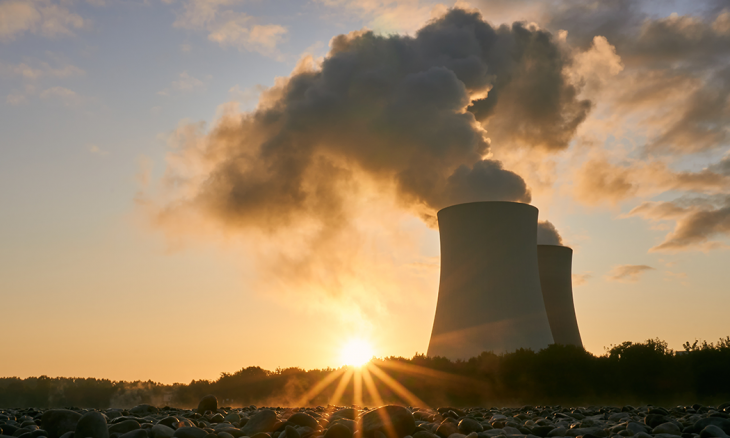“Blank check” on regulatory authority trimmed.
The Supreme Court limited the Environmental Protection Agency’s authority to regulate power plants’ greenhouse gas emissions in a 6-3 ruling released Thursday.
Chief Justice John Roberts wrote the ruling, stating, “The only question before the Court is more narrow: whether the ‘best system of emission reduction’ determined by EPA in the Clean Power Plan was within the authority granted to the Agency in Section 111(d) of the Clean Air Act.” He continued, “For the reasons given, the answer is ‘no.’”
Chief Justice Roberts’ opinion invoked the “major questions doctrine” to hold that the Clean Air Act does not allow the EPA to impose carbon emission caps by mandating a shift in energy generation to cleaner resources. The major questions doctrine is based on the idea that if Congress wants to offer an administrative agency the power to make “decisions of vast economic and political significance” it must say so explicitly.
The decision to limit the EPA’s authority to regulate power plant emissions constrains the agency’s ability to act on President Joe Biden’s agenda to reduce the effects of climate change and proceed with his goal of decarbonizing the power sector by 2035.
As the Lord Leads, Pray with Us…
- For Administrator Regan and members of the Environmental Protection Agency as they seek to carry out the president’s climate agenda.
- For discernment for the justices of the Supreme Court as they take cases and issue rulings regarding laws and legislation passed by Congress.
- For members of Congress as they consider and navigate environmental concerns and regulations.
Sources: Washington Examiner, Wall Street Journal









